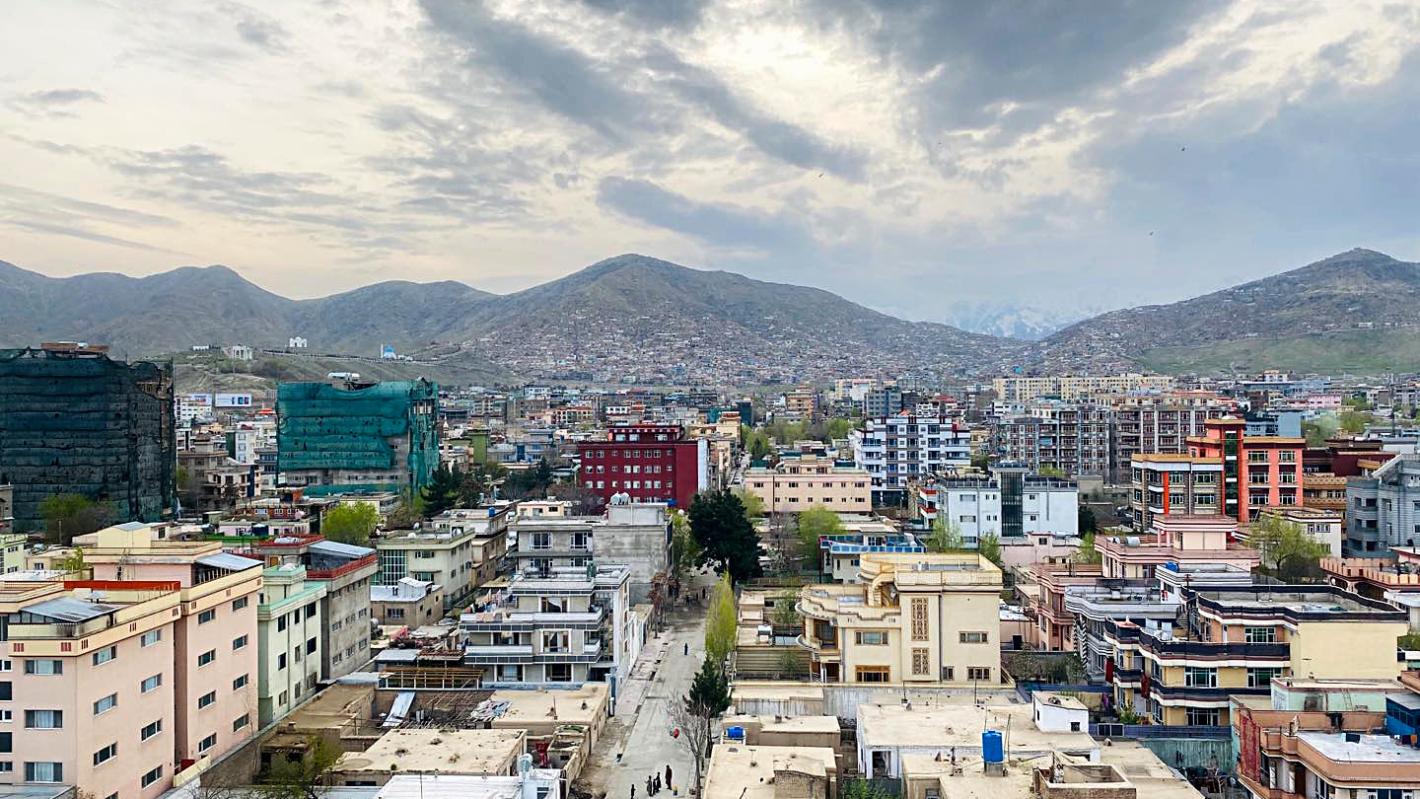KABUL - Young women and men in Afghanistan have the power to build a culture of peace while preventing and resolving local disputes, even in the context of the COVID-19 crisis, said panellists in a UN-backed virtual symposium in the central province of Kabul.
Participants in the online event included three panellists and more than 60 other young Afghans representing different communities across Kabul. During the event, they expressed their views about the importance of youth being part of decision-making processes in the country’s social, economic and political life.
The interactive discussion also focused on the role of young women and men in promoting social cohesion, solidarity and community mobilization for peace efforts in the context of the fight against COVID-19.
“Everyone’s voice should be heard in the peace process, especially women and youth, because they have suffered considerably from the war,” said Nooria Safi, a rights activist. “To end the conflict in Afghanistan, it is important for all Afghans to respect each other and unite to establish strong social cohesion that can lead to durable peace.”
In Afghanistan, even as traditional norms typically give more weight to the voices of male elders, a new generation of young people have been working across the country, bringing forward their fresh ideas and energy, and making their voices heard on key issues such as peace.
“Today’s youth do not follow political leaders blindly,” said Waliullah Shaheen, a journalist and peace activist. “They are enlightened and moderate, and they will not be misled in the areas of peace and social stability; it is crucial for youth to be mobilized to fulfil their responsibilities.”
The director of Kabul’s fifth municipal district, Asadullah Zmarai, also spoke at the symposium. “Until people accept each other, nobody will able to make change in Afghanistan,” he said. “Therefore, it is urgent to move from slogans to actions so we can respect each other and bring peace to our society.”
While young Afghans face significant challenges, including illiteracy and unemployment, there is a growing recognition that any peace efforts in Afghanistan must be inclusive and must therefore involve young people. This idea is reaffirmed by Security Council Resolution 2282 (2016), which recognizes the importance of youth in deterring and resolving conflict.
Afghanistan currently has one of the largest youth populations in the world. According to some estimates, three-quarters of the country’s population is below the age of 30, making young people a vital demographic. Young Afghans are also among the most affected by the protracted conflict, grappling with high levels of illiteracy, unemployment and poverty.
In the lively discussion, participants also underscored the need for deliberate measures to improve women’s participation in peace efforts and other aspects of Afghanistan’s social and political life. They focused on the need for increased education opportunities and the importance of raising awareness, across the nation, about protecting women’s rights.
Twenty years ago, the United Nations adopted Security Council Resolution 1325, which formally brought women’s experiences of conflict into the international peace agenda and called for women’s participation in conflict resolution and peacebuilding.
Poverty, violence, illiteracy and harmful traditional practices continue to hinder women’s progress in Afghanistan and deprive them of full self-determination. In rural areas, especially, few women participate in the country’s political life or benefit from its public policies; most women in these areas remain marginalized and impoverished.
Afghanistan became a member state of the United Nations in 1946 and signed the United Nations Charter, agreeing to the precepts of promoting and encouraging respect for human rights and for fundamental freedoms for all, without regard to race, sex, language or religion.
Afghanistan is a signatory to seven out of nine core international human rights treaties, including the Convention on the Elimination of All Forms of Discrimination Against Women. This convention, which obliges Afghanistan to ensure that women are not subject to discrimination in any sphere of life, is reflected in Afghanistan’s constitution, national laws and policies.
The Kabul symposium, a Local Peace Initiative project organized by UNAMA’s Central Regional Office, is part of a series of events across the country, with media partners typically airing the discussions and debates while also creating new programmes around the issues that are raised, extending the discussion and creating new opportunities for local voices to be heard on issues such as peace, reconciliation, government transparency and human rights.
UNAMA supports the Afghan people and government to achieve peace and stability. In accordance with its mandate as a political mission, UNAMA backs conflict prevention and resolution, promoting inclusion and social cohesion, as well as strengthening regional cooperation. The Mission supports effective governance, promoting national ownership and accountable institutions that are built on respect for human rights.
UNAMA provides 'good offices' and other key services, including diplomatic steps that draw on the organization’s independence, impartiality and integrity to prevent disputes from arising, escalating or spreading. The Mission coordinates international support for Afghan development and humanitarian priorities.






